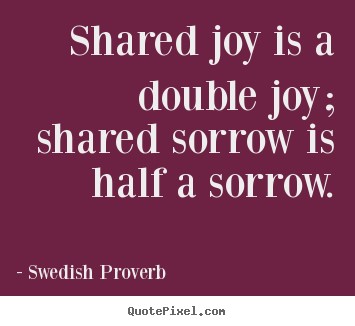“Come to Me, all you who labor and are heavy laden, and I will give you rest.” – Jesus (Matthew 11:28)
Another version says, “Come to me, all you who are weary and burdened…”
The heaviest burden many people carry is the load of expectations placed on them by others. Trying to live up to an image of who others think we should be can become a weight too great to sustain.
One of the reasons people flocked to hear Jesus was because he talked more about a God who cared, than one whose heavy hand wanted to control them and punish them for not being good enough or for breaking too many rules. I wonder if a single rabbi (teacher) had ever in their lives invited them to come follow so they could rest!
But Jesus was doing just that, which essentially was an invitation to live a life of trust in the goodness of God. Those who felt hopeless, oppressed, and tired of trying and failing were intrigued by these words … “Come to me, and I will give you rest.”
Now, this was not an invitation to stop trying, nor to escape responsibility, but to receive an internal shift from dependence on the approval of others to dependence on the grace of God. Worldly living says, “I will love you if” … and then there comes the expectation.
Kingdom living (God’s Kingdom, that is), says that you are loved by your Creator and your Savior for who you are, not for what you accomplish. The first step of Kingdom living is to get rid of the baggage, the load of expectations, the fear that you might not prove to be worthy, … and in exchange receive the following reality … You are accepted because God made you and loved unconditionally because that’s who God is and what he does.
After that, there are lots of things we do to accomplish Kingdom purposes, but they are not done to prove we are acceptable, they are done out of thanks that we were “declared” to be acceptable as God’s primary gift. (We call this salvation or conversion.) We are no longer laboring and heavy laden under a load of disapproval, but rather there is rest from it.
Welcome to the Jesus life. Now, I need to complete the picture. In the beginning, I only gave you one of three verses to describe the Jesus invitation. Here’s the “rest of the story”:
Matthew 11:28 “Come to me, all you who are weary and burdened, and I will give you rest. 29 Take my yoke upon you and learn from me, for I am gentle and humble in heart, and you will find rest for your souls. 30 For my yoke is easy and my burden is light.”
You may notice that after Jesus offered rest, he told us to take his yoke upon us, which is the equipment placed on the shoulders of oxen and other work animals, for the purpose of carrying or pulling loads. How about that! … Invited to rest and put to work! But that’s it! Rest, work, rest, work. Not work, work, work, work.
In the Pharisees’ world, the “working” at proving ourselves to be religious and obedient was primary. In Jesus’ world, the “resting” is primary. The Sabbath is the holy day when God rested. For God, six days was “enough” to complete creation. Get it? This faith we practice has works of righteousness involved, but not to prove our worth and not to the extent that they become a burden we can’t carry. The most important day of the week is Sabbath, meaning the most important aspect of the Kingdom life is rest.
Is this making sense? Jesus invited us to turn around, to stop thinking of religious performance as the basis of life, but rather to let rest and assurance be the focus of life, with an attitude towards works of faith that sees it as a joy, not a burden, and certainly not the way to prove anything to God.
The result is rest for our souls, because the yoke (workload) is easy, and it burdens us only lightly, because it was given to us by a Savior who is both gentle and humble.
Blessings,
Chaplain Mark
By the way … this has been my favorite passage of Scripture for 40+ years. When I was a young pastor, I had read this passage many times, but the first time I used it as a sermon text, I began preparing and spontaneously became overwhelmed with tears at Jesus’ invitation to come to him and get rid of my burdens in exchange for his rest and a yoke that was much easier than the burdens I had been carrying for such a long time.
I say this because when we are first saved, we understand our salvation as we experienced it at that point. But later on, more revelations of the nature and glory of this new life in Christ will touch us in deeper and richer ways. This passage became my best symbolism for the illustration of salvation … to give him what I have, and in return get what he has. That’s the best bargain anyone in the world will ever get!
